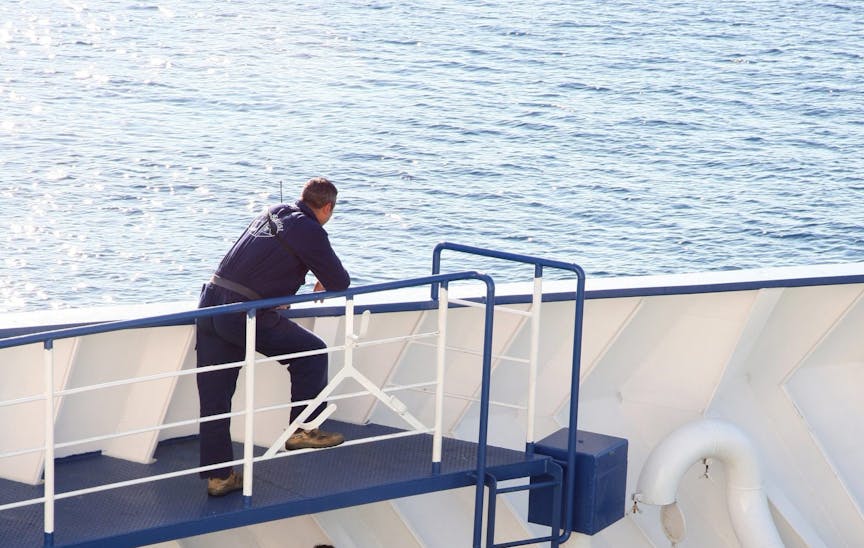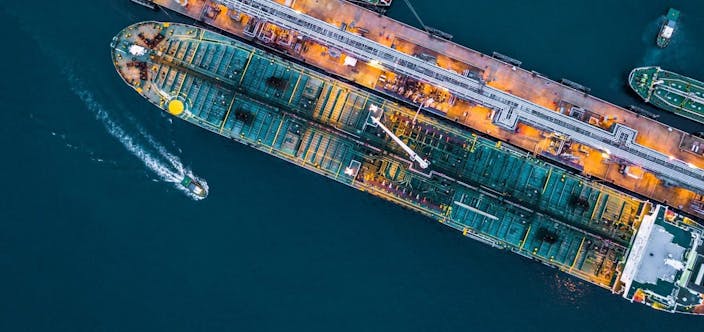Useful pointers for the management
In these unprecedented times, it is important for the management to act proactively in order to ensure the safety and health of the employees, both shipboard and shore side.

What can management do to help their crews and personnel cope through the challenges?
In these unprecedented times it is important for the management to act proactively in order to ensure the safety and health of the employees, both shipboard and shoreside. The fear of getting sick can be stressful to people. How people coping with the outbreak of Coronavirus varies. Some segments of shipping are much affected by the economic crisis due to the outbreak of Coronavirus and on many vessels, crews are working under stressful circumstances. Right now, several crew members and shore personnel are made redundant and some, involuntarily, must extend their tour length onboard. Many have an uncertain outlook of the future. This creates fear in people’s minds, which can lead them not to function optimally in their daily works. Safety routines may be overlooked, and the motivation might be negatively affected.
It is important to keep in mind that this situation will come to an end. It is equally important to remember that by a collective effort to ensure the wellness of ourselves and our colleagues we will minimize the negative effects of the crises and stand stronger at the end of it.
In times like these, a supporting leadership are particularly important to be able to ensure a functioning organization . Below you will find useful pointers for the management:
- Communicate your plans to the crew and personnel and explain why the company chosen these points of action.
The understanding is essential to calm any suspiciousness. Even if the plan is not looking positive for the people involved, it is better to know than wait for information. Take feedback. Listen to worries. Refer and stick to the plan. - Make plans to support your personnel’s and crews’ basic needs.
Worrying takes a lot of energy and it is easy to miss taking care of basic needs like nutrition, sleep, physical activity and fresh air. This is a subject for crew briefings. - Inform where your personnel and crew can seek support.
To prevent poor mental health, inform where personnel and crew can seek support for their concerns. Distribute contact information to your corporate health care or other solutions for mental health care in your company.
Seafarerhelp is a free phoneline for seafarers to call, regardless their issue.
Sailors’ Society works around the world to support seafarers, during crises. - Stick to routines and let the personnel’s and crews’ everyday life be as normal as possible.
- Bring something positive to the table.
When times are bad the focus usually lies on the negative things – and the information to crew and personnel is often in the same direction. Communicate negative information in short and concise manner and if possible end it with a positive contribution, something to be proud of or something that strengthen the belief that stressful times usually bring something good in the end. - Crews’ and personnel’s well-being are important to support.
A company in crises often try to survive by managing the most critical situation and not so much in promoting the crews’ and personnel’s well-being. By investing in the health of your most valuable asset you will be well prepared to take on new opportunities when this situation is over.


